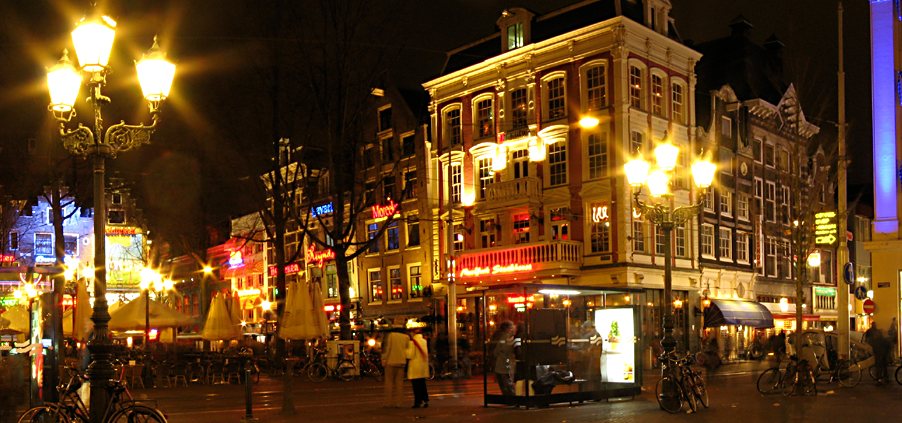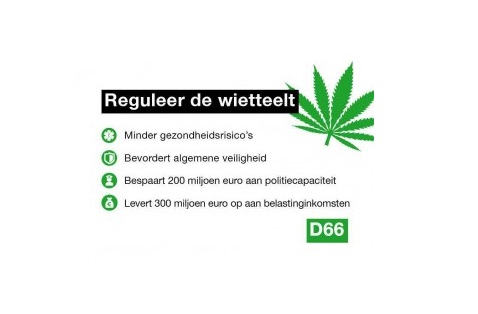The Dutch government is looking for growers to participate in a nationwide weed experiment. Farmers who want to take part in this national cannabis experiment can register from July 1st.
Despite popular belief, cannabis is not legal in the Netherlands – it is decriminalized for personal use and its sale by specialized coffeeshops is formally “tolerated” by the Dutch authorities. Although producing and trading cannabis remains illegal in the Netherlands, the sale of weed to the public by these coffeeshops is “illegal, but not punishable”. This pragmatic approach is subject to debate.
Currently, the sale of weed is permitted by coffeeshops, but the purchase and production are not allowed. Regulating the supply of weed to the coffeeshops would end an ongoing contradiction, as a coffeeshop is allowed to sell marijuana and hash within the formally tolerated limits, but its suppliers are not allowed to grow, import, or sell cannabis products to the coffeeshop. As one coffeeshop owner commented: “The front door is open, but the backdoor is illegal.” For more than 40 years, suppliers of coffeeshops and the coffeeshop owners have risked prosecution due to this deadlock. The closed coffeeshop chain experiment should clarify whether legal supply, purchase, and sale of cannabis are possible.
To qualify, growers must comply with the general conditions set by the national government. Among other things, they must submit a business plan and be able to submit a Certificate of Good Conduct (VOG). A maximum of ten cannabis growers is selected. The quality of cannabis will be monitored. The diversity of the supply will also be checked to make sure that there will be a sufficiënt choice for the end-consumer. Potential pot growers have to be able to produce at least ten different varieties of weed and/or hash to qualify.
With this trial, the government says it wants to solve the problem that coffeeshops may sell soft drugs, but cannot legally obtain their store stock. Last year it was decided that there will be a trial with ‘legal’ cannabis cultivation in these ten municipalities: Almere, Arnhem, Breda, Groningen, Heerlen, Hellevoetsluis, Maastricht, Nijmegen, Tilburg, and Zaanstad.



